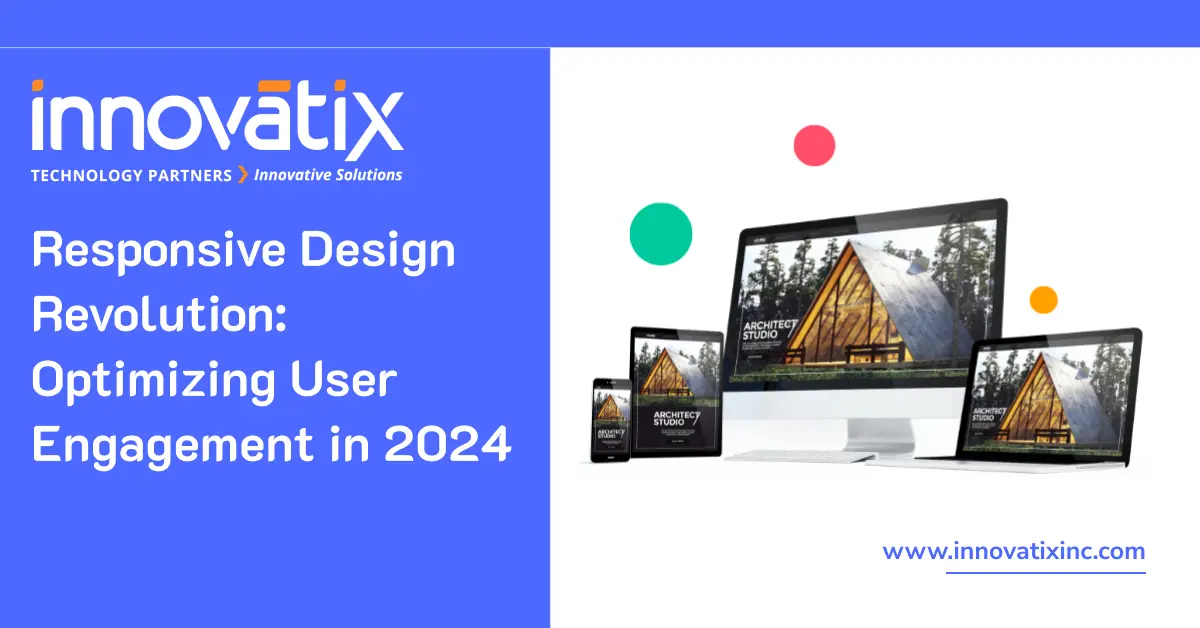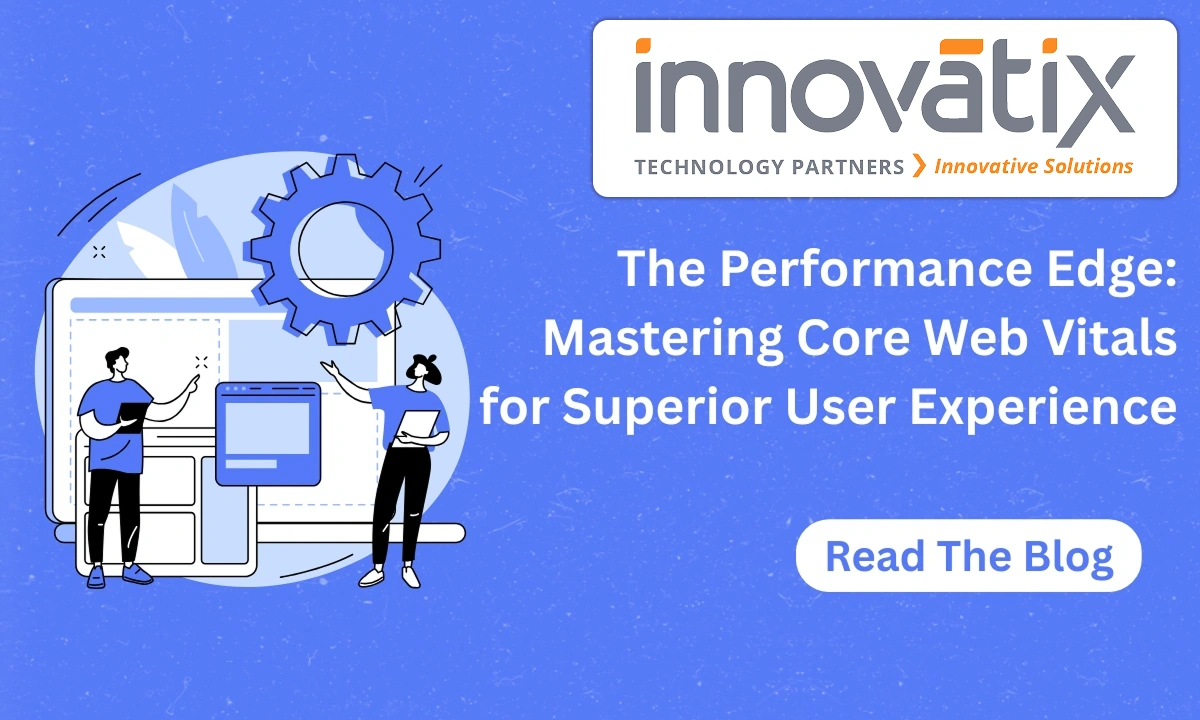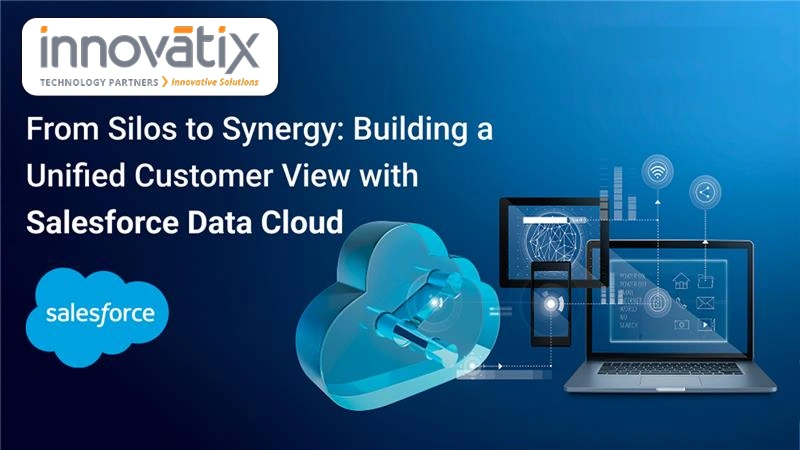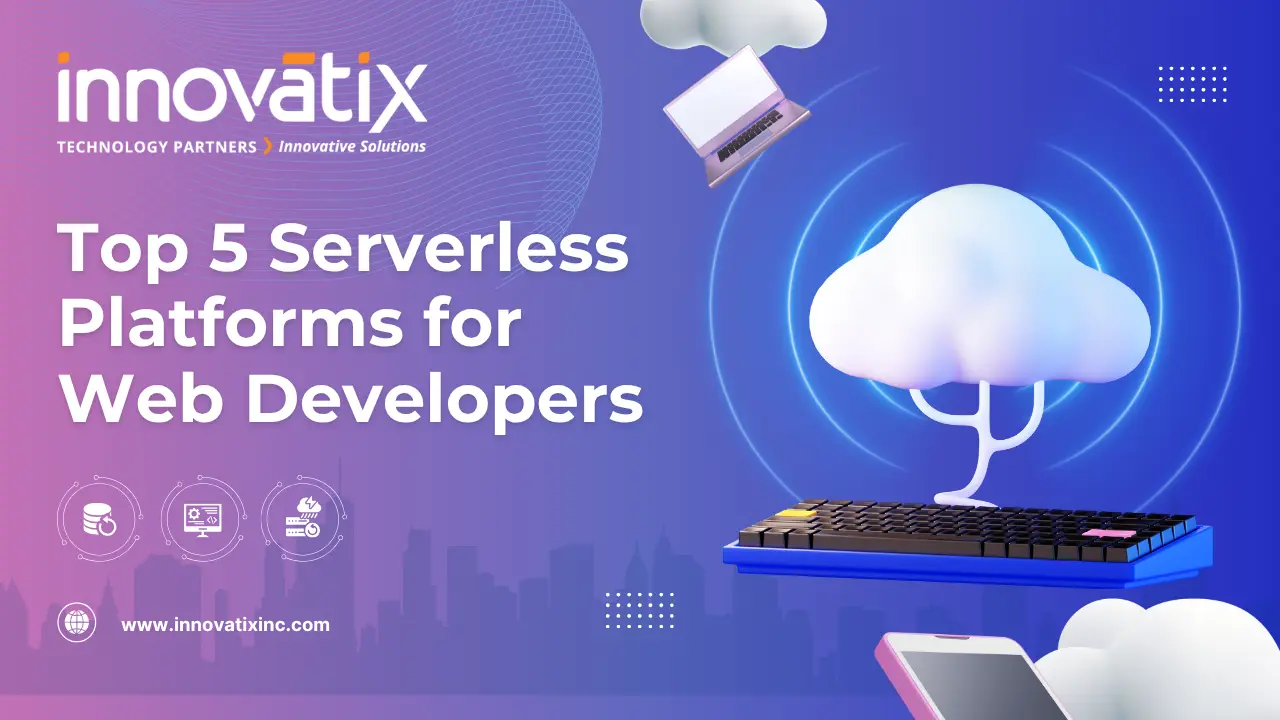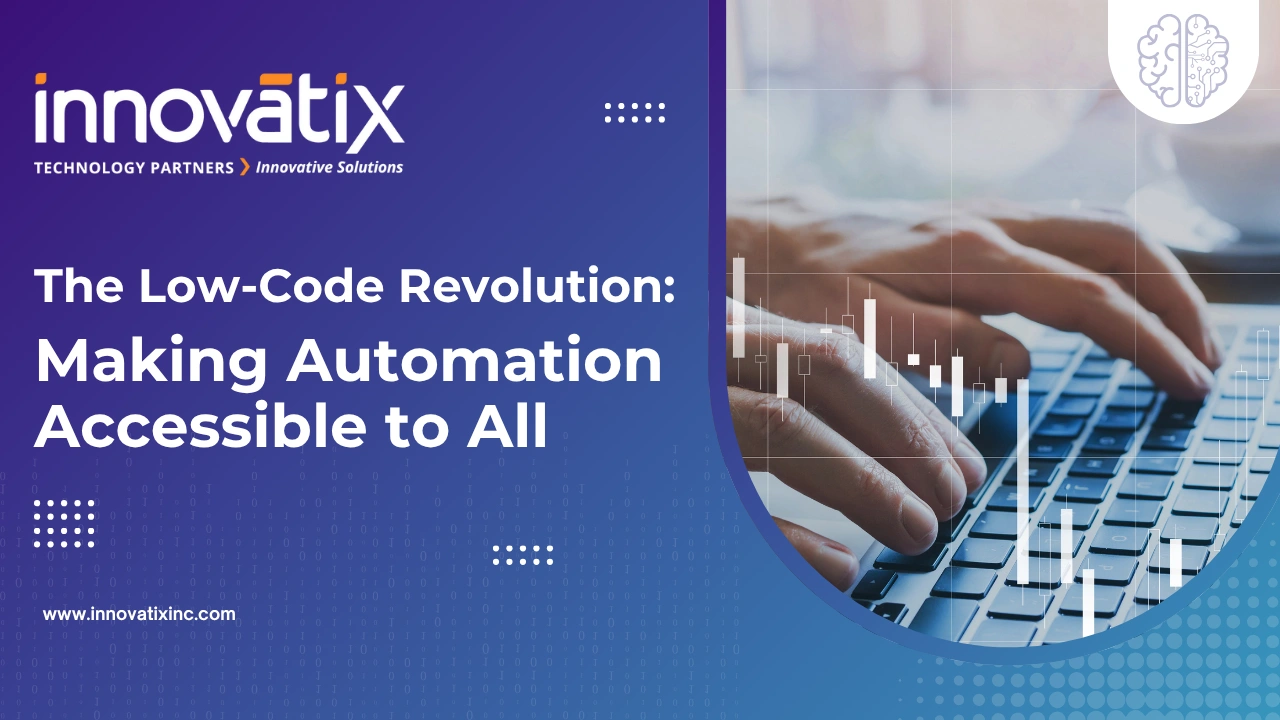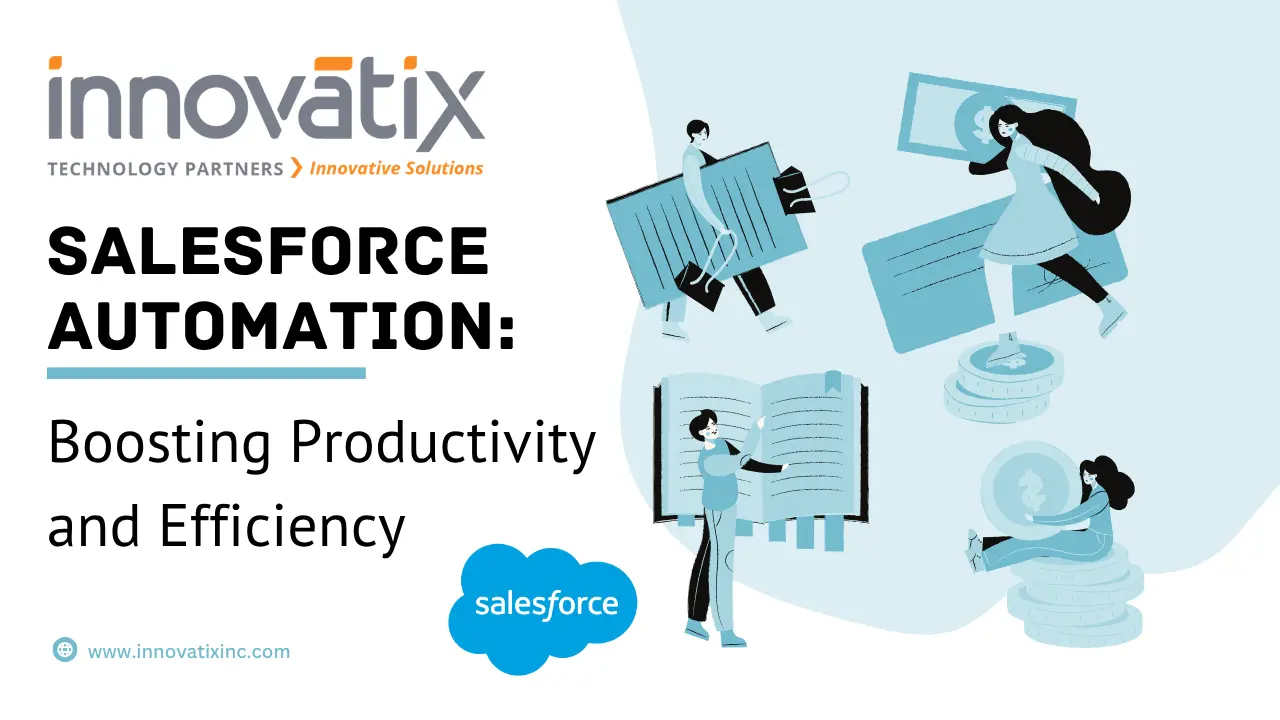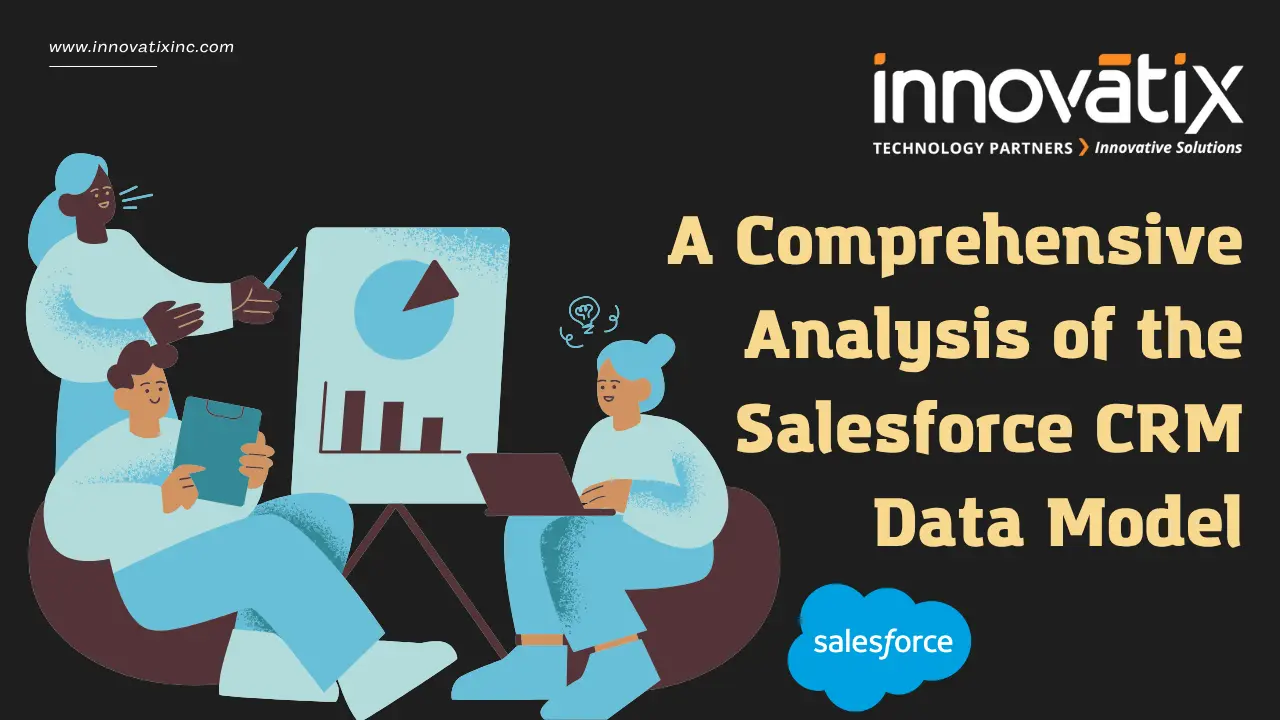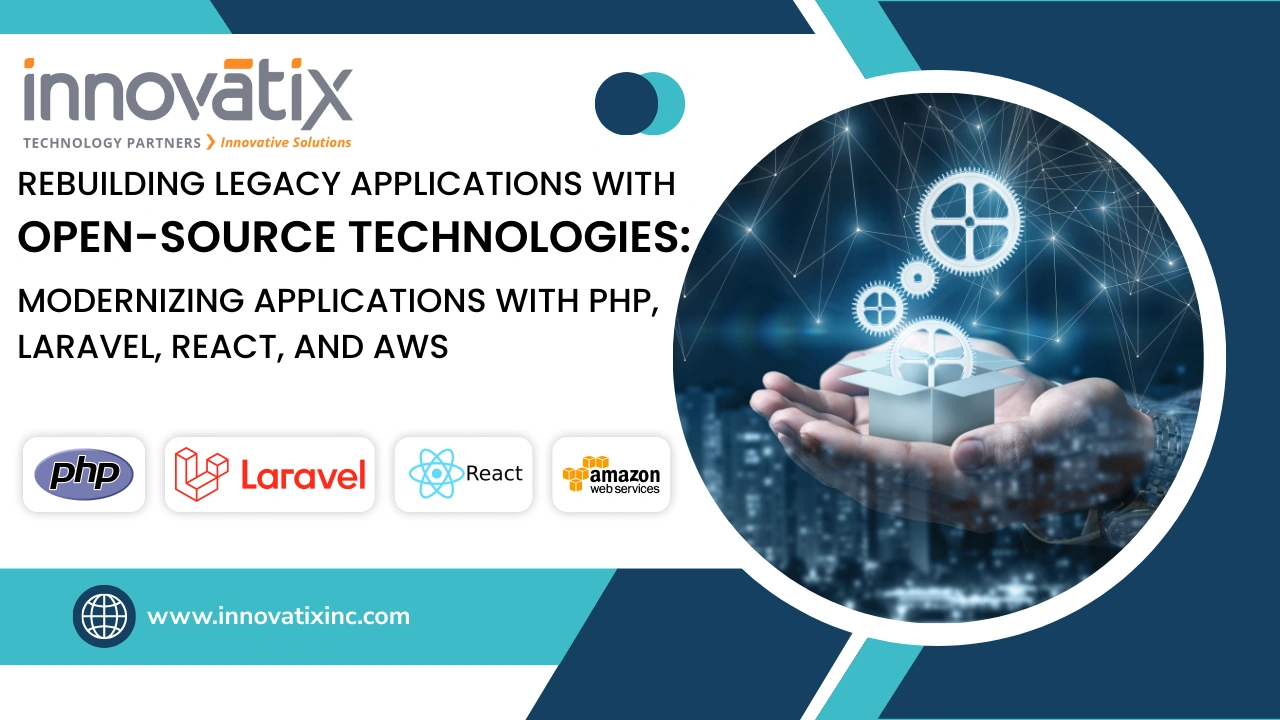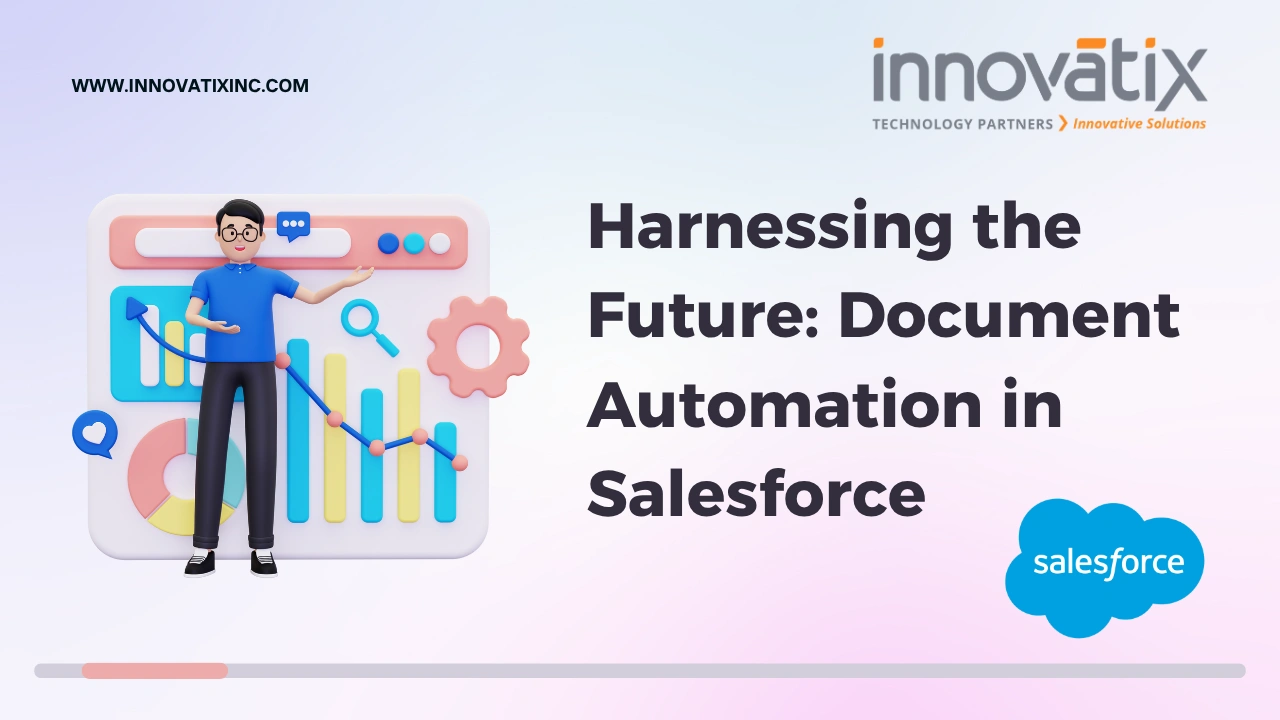Customer data is one of the most valuable assets a company can possess. Every interaction—whether it’s a purchase, a service inquiry, a social media comment, or an email click—offers a piece of a much larger puzzle. Together, these data points form a treasure trove of insights capable of driving smarter decisions, deeper relationships, and competitive differentiation. Yet, for many organizations, these data points remain frustratingly fragmented. Stored across disparate systems—CRM platforms, marketing automation tools, service desks, e-commerce platforms, and beyond—they exist in silos, isolated and underutilized. The result? Businesses struggle to form a complete, actionable view of the customer. Opportunities for personalization are missed, decision-making is delayed, and internal teams lack the cohesive insights they need to perform at their best. This is the critical challenge of modern customer engagement—and it’s exactly where Salesforce Data Cloud steps in. Salesforce Data Cloud is a game-changing solution designed to unify customer data across every channel and system. More than just a data aggregator, it serves as the central nervous system of your customer intelligence—connecting, cleansing, and activating data in real time. With a unified customer view, organizations can deliver personalized experiences at scale, empower every department with relevant insights, and ultimately build more meaningful, loyal customer relationships. As businesses move from siloed systems to integrated strategies, Salesforce Data Cloud provides the foundation for a truly customer-centric future. It’s not just about managing data—it’s about transforming it into a strategic advantage. What is Salesforce Data Cloud? Salesforce Data Cloud is a powerful, hyperscale data platform designed to unify and activate customer data across the entire Salesforce ecosystem. At its core, the platform consolidates data from multiple sources—such as CRM systems, marketing tools, service platforms, e-commerce channels, and third-party applications—into a single, real-time, and accessible customer graph. But Salesforce Data Cloud is far more than just a centralized database. It acts as the intelligence engine behind customer engagement, enabling businesses to transform disconnected data into actionable insights. By harmonizing both structured and unstructured data across every customer touchpoint, organizations can create rich, 360-degree profiles that fuel smarter decisions, more relevant personalization, and seamless customer experiences. The platform’s capabilities extend well beyond data aggregation. With advanced tools for ingestion, transformation, real-time processing, and AI integration, Salesforce Data Cloud becomes the connective tissue that powers automated workflows, dynamic segmentation, predictive analytics, and personalized engagement across the customer journey. According to McKinsey, companies that effectively harness customer data can see a 10–15% boost in revenue and a 20–30% increase in customer satisfaction. These gains stem from the ability to make faster, smarter decisions and deliver experiences that feel tailored to each individual. Salesforce Data Cloud enables businesses to move from reactive operations to proactive engagement—empowering every team with a single source of customer truth that drives measurable impact across marketing, sales, service, and beyond. Key Features of Salesforce Data Cloud Salesforce Data Cloud offers a rich suite of features designed to help organizations unlock the full potential of their customer data. By addressing the core challenges of data fragmentation, inconsistency, and inaccessibility, the platform empowers businesses to transform how they manage, interpret, and act on their data. Below are some of its most impactful capabilities: Salesforce Data Cloud simplifies the process of collecting and consolidating data from a wide range of sources—legacy systems, third-party applications, cloud-based tools, mobile platforms, and more. This allows organizations to break down silos and gather a complete view of the customer journey. Whether data comes from internal CRMs, marketing platforms, or external databases, the system ensures high-speed ingestion while maintaining the accuracy and integrity of the data. Raw data is only useful when it’s clean, consistent, and contextual. Salesforce Data Cloud includes robust tools for data transformation—standardizing, deduplicating, normalizing, and enriching data to create high-quality, usable information. This process turns fragmented data into unified customer profiles that reflect not just who the customer is, but how they interact with the brand across every touchpoint. One of Salesforce Data Cloud’s most powerful differentiators is its real-time data processing capability. The platform can ingest, analyze, and activate data as it is generated—empowering organizations to respond instantly to customer behaviors. This enables features like real-time personalization, dynamic segmentation, and timely campaign triggers, all of which contribute to a more relevant and engaging customer experience. Salesforce Data Cloud is built to work seamlessly with the broader Salesforce platform. Whether it’s Salesforce Sales Cloud, Service Cloud, Marketing Cloud, or Commerce Cloud, the integration is native and frictionless. This interconnected ecosystem ensures that insights and customer profiles generated in Data Cloud are immediately actionable across all business units—enhancing collaboration, efficiency, and consistency. At the heart of Salesforce Data Cloud is the concept of a unified customer profile—a single, continuously updated record that aggregates all relevant data from across the organization. This holistic view allows teams to see customer preferences, purchase history, support cases, engagement patterns, and more, all in one place. These profiles are the foundation for delivering personalized, cross-channel experiences that meet customers where they are. Designed to operate at hyperscale, Salesforce Data Cloud can support the needs of both growing businesses and global enterprises. The platform also includes built-in tools to support data privacy, governance, and regulatory compliance—making it easier for organizations to manage consent, honor customer preferences, and adhere to international data protection standards. The Benefits of Salesforce Data Cloud Incorporating Salesforce Data Cloud into an organization’s operations presents numerous advantages. By creating a unified, real-time view of every customer, businesses can drive strategic growth, foster meaningful relationships, and stay ahead of evolving market demands. Here are some of the most impactful benefits of adopting Salesforce Data Cloud: Salesforce Data Cloud brings together data from across marketing, sales, service, and third-party platforms to deliver a 360-degree view of every customer. This unified perspective enables teams to see not only what customers are doing—but why. With visibility into behaviors, preferences, lifecycle stages, and historical interactions, organizations can better understand customer needs, identify trends, and uncover hidden opportunities. These insights drive smarter decision-making and more effective engagement at


